
A global network aims to safeguard genetic material in perpetuity for food security, climate adaptation and biodiversity protection
FOR IMMEDIATE RELEASE
Bonn, Germany (12 September 2023) – Over 700 million people are facing hunger worldwide, due in large part to conflict, the climate crisis and the lingering effects of the COVID-19 pandemic. In total, nearly 30% of the world’s population faces food insecurity, according to FAO’s 2023 report State of Food Security and Nutrition in the World (SOFI).
Genebanks play a crucial role in ensuring that the seeds of nutritious food and adaptable crops are conserved and forever available at a global scale to farmers, who have been the custodians of seed diversity.
These banks store life, most commonly in the form of thousands of seeds, and others in tissue or fields – cassava or banana, for instance. They seek to conserve and improve crop varieties to create a more resilient and sovereign food system – a process carried out together by scientists and farmers.
Genebanks are not museums
One of the primary purposes of genebanks is to facilitate crop diversity for farmers. As such, they are involved in research processes and have free access to seeds.
They are also much more than just storage. The seeds are not eternal; thus, periodic tests are carried out to check whether they must be regenerated. This is done in a field, and the seeds are then recollected to replenish the bank. Such processes require multistakeholder collaboration and capacity building though training, equipment and infrastructure.
Genebanks also face a range of challenges, including unprecedented changing environmental conditions, pests and diseases, poverty, and social and political instability, and they need sustainable sources of funding to overcome these obstacles.
The Crop Trust, an international organization dedicated to conserving and making crop diversity available, thus protecting global food and nutrition security, has been entering into long-term partnerships with national and international genebanks to ensure that future generations have access to diverse and nutritious food.
“Governments need to invest more in their national genebanks; they are important for the future of agriculture in their own countries,” said Michael Abberton, director of R4D in West Africa and head of the Genetic Resources Center and the Biosciences Centre at the International Institute of Tropical Agriculture (IITA), in a recent conversation on GLF Live. “Biodiversity is crucial to the future of our food production. However, loss of biodiversity is not given the same attention as, for example, climate change, but they are two sides of the same coin,” he added.
IITA and the Crop Trust recently became long-term partners to ensure the secure and perpetual conservation and availability of plant genetic resources such as the largest collection of cowpea (or black-eyed pea) and thousands of key sub-Saharan African food crops. The Crop Trust has similar agreements with other institutions worldwide, supporting the conservation and sharing of over 136,000 rice varieties, the world’s largest collections of bean and tropical forage diversity, and other globally important collections of crop diversity.
“This is a collaborative effort: it is not just the genebanks working on their own with funding from the Crop Trust. It is the public and private sectors, farmers, the research community and civil society working together,” said Sarada Krishnan, director of programs at the Crop Trust, in the same conversation on GLF Live.
Seeding the future
“Every country has its own genebank to conserve the locally relevant crops,” said Sarada. “They are poorly funded, and their material is at high risk of being lost. We have a long way to go to ensure that all genebanks are up to standards.” It is in seedbanks where you look for the potential of genes that provide drought tolerance or pest or disease resistance, she explained.
“Diversity is crucial for the future,” Abberton continued. “Threats are only becoming stronger in terms of climate change, biodiversity loss and the need to increase productivity without detrimental effects on the environment and on soils. Most certainly, we are going to need the seeds that are in the seedbanks more and more in the future, and we’re going to need to develop better and more modern approaches to getting at that variation and utilizing it.”
The fascinating world of genebanks has paid off numerous times, such as when IITA supplied material from its genebank and breeding programs to restart agriculture after severe flooding events in Nigeria, or when a new potato variety was created to resist the late blight, which caused the Irish potato famine. As another example, the Crop Trust partnered with the International Center for Agricultural Research in Dry Areas (ICARDA) genebank in Morocco and Lebanon to create a wheat variety with genes of a wild wheat relative from Syria that survived a three-year drought period of trials in the field, which farmers immediately adopted.
“This is the whole potential of crop diversity: utilizing them to develop new resistances or tolerances,” concluded Sarada.
###
NOTES TO EDITORS
- For more information, to arrange interviews and/or to learn more about genebanks in your region or country, contact Kelly Quintero (k.quintero@cifor-icraf.org)
- To access visual assets, visit this Trello board. If you need additional materials, contact Kelly Quintero (k.quintero@cifor-icraf.org)
About Crop Trust
The Crop Trust is an international organization working to conserve crop diversity and protect global food and nutrition security. At the core of Crop Trust is an endowment fund dedicated to providing guaranteed financial support to genebanks worldwide. It supports the Svalbard Global Seed Vault, and coordinates large-scale projects worldwide to secure crop diversity and make it available for use. The Crop Trust is recognized as an essential component of the funding strategy of the International Treaty on Plant Genetic Resources for Food and Agriculture.
About the International Institute of Tropical Agriculture (IITA)
IITA is one of the 12 international agricultural research centers that are members of the CGIAR Consortium. It was established in 1967 in Ibadan, Nigeria. IITA’s mission is to assure food security for some of the world’s poorest people and provide them with viable strategies that create real, long-term results for economic development and community stability while building an ecologically sound future that considers climate change. IITA is dedicated to alleviating these problems and working to transform agriculture in Africa.



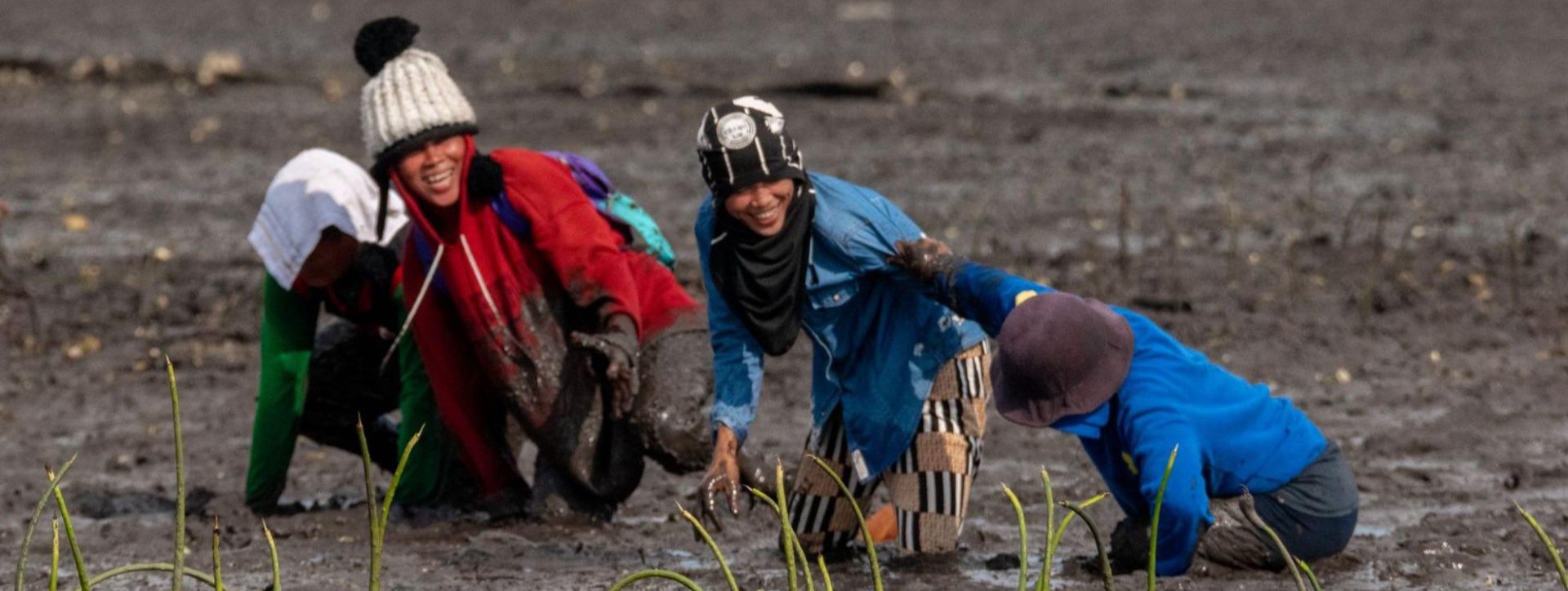
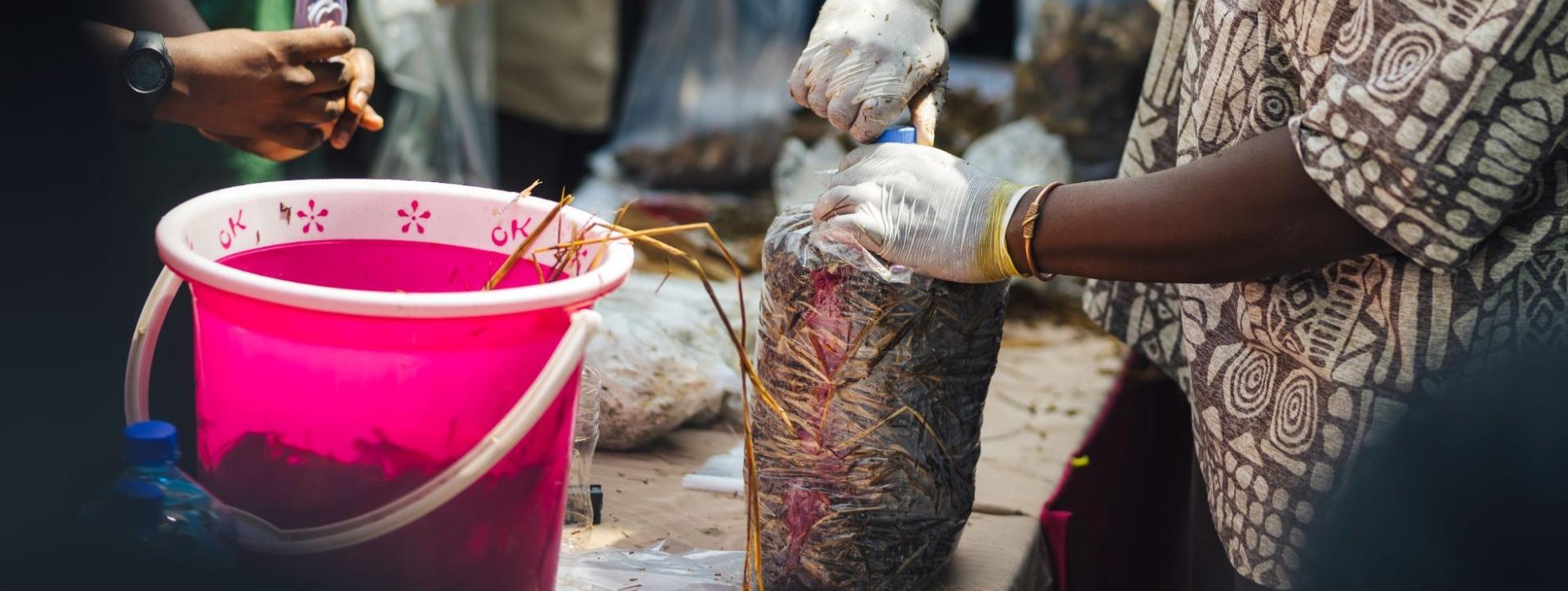
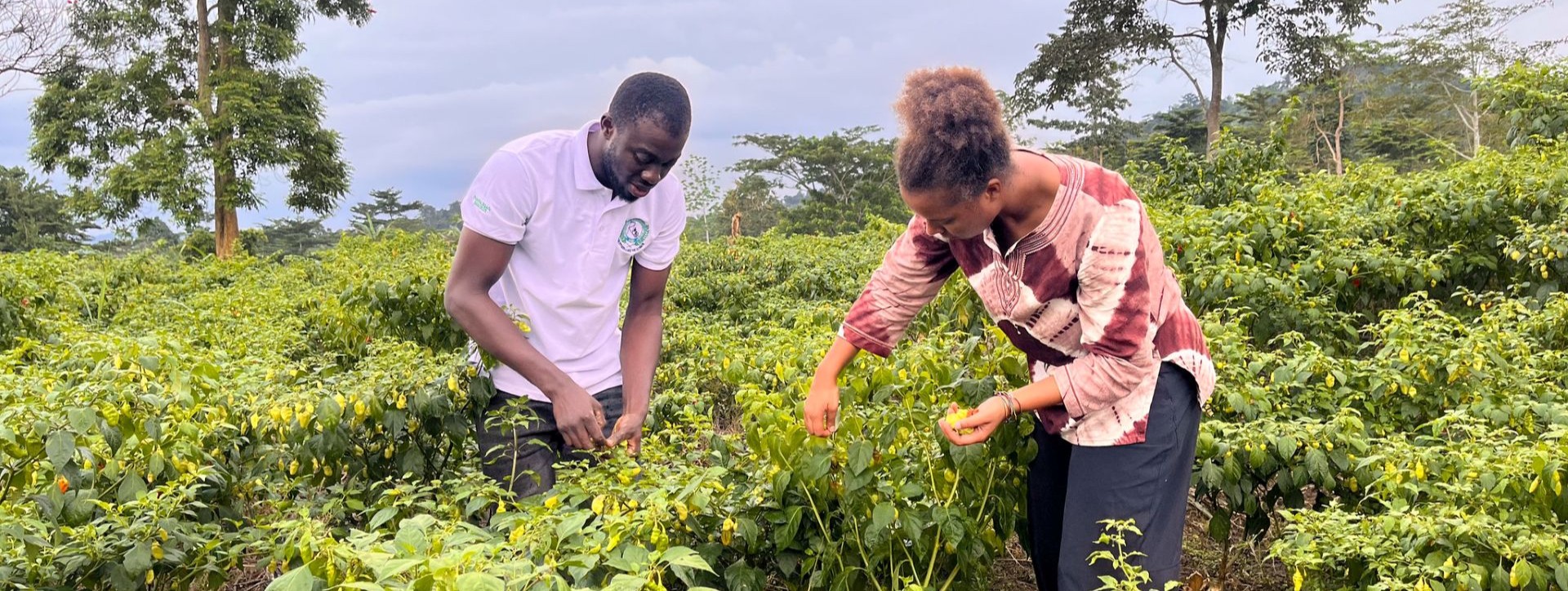
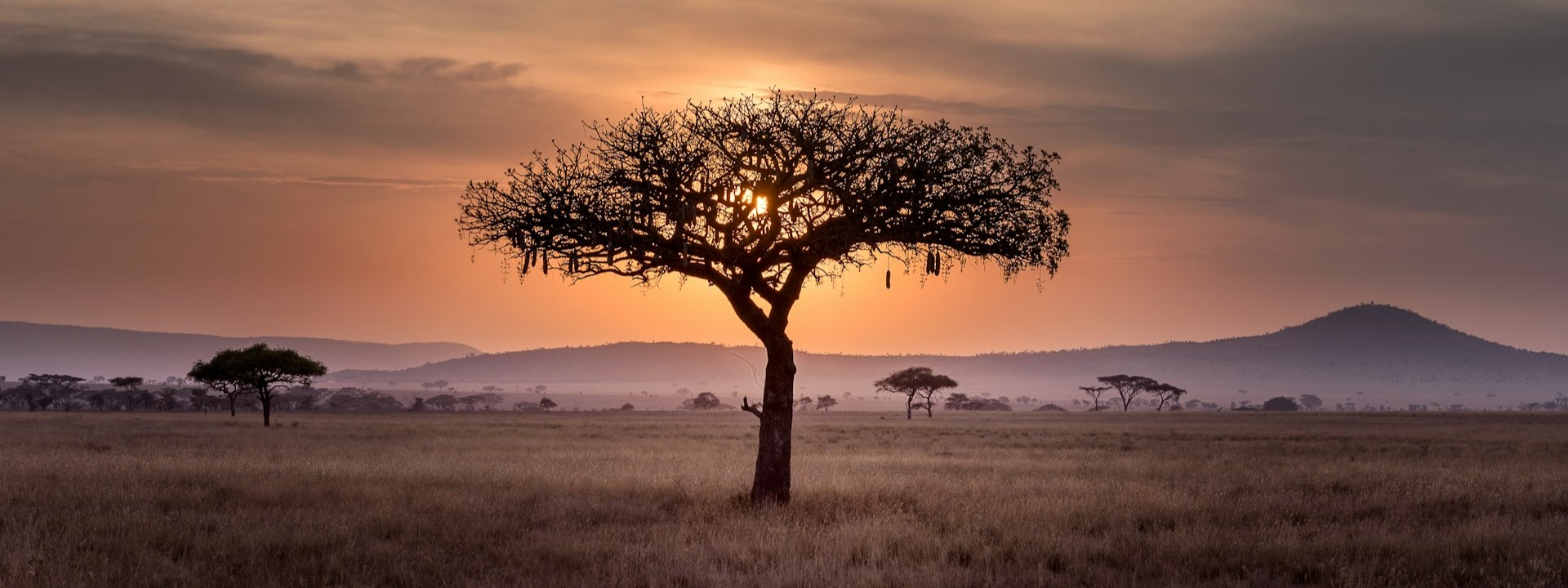
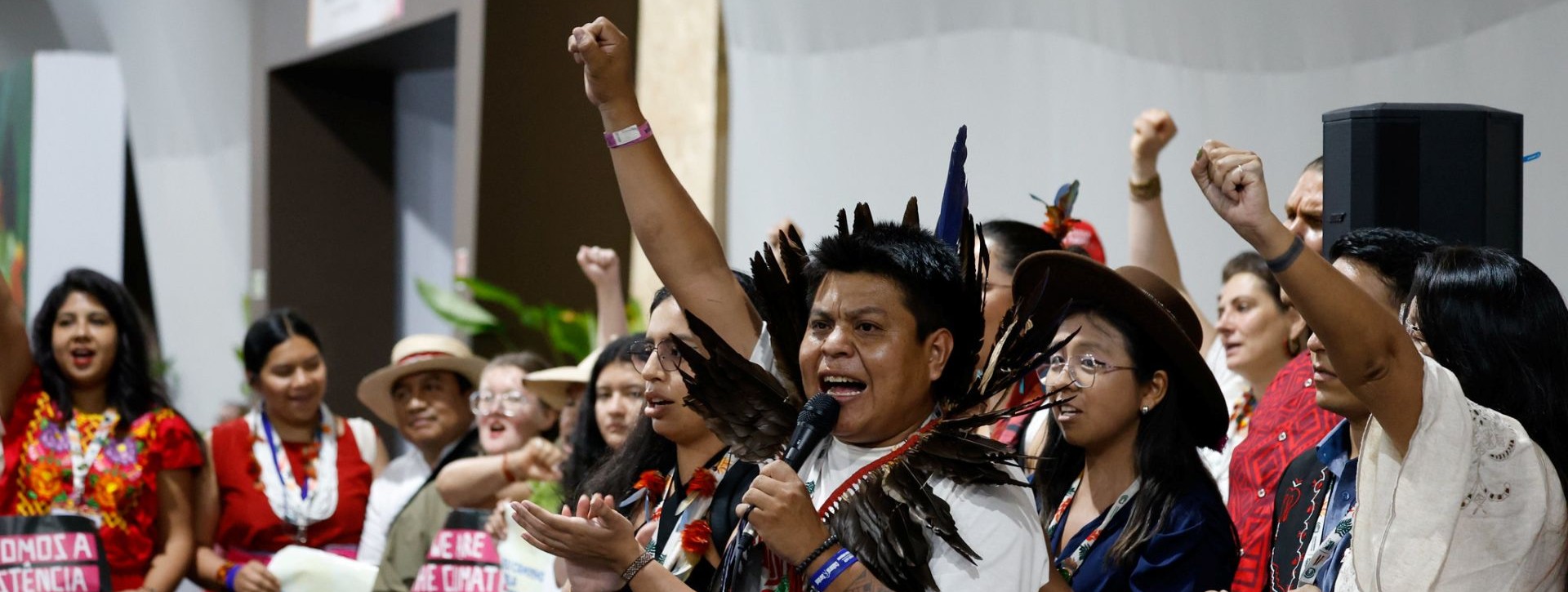
Share your thoughts with us